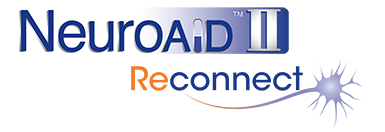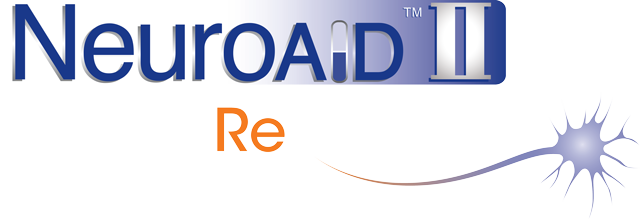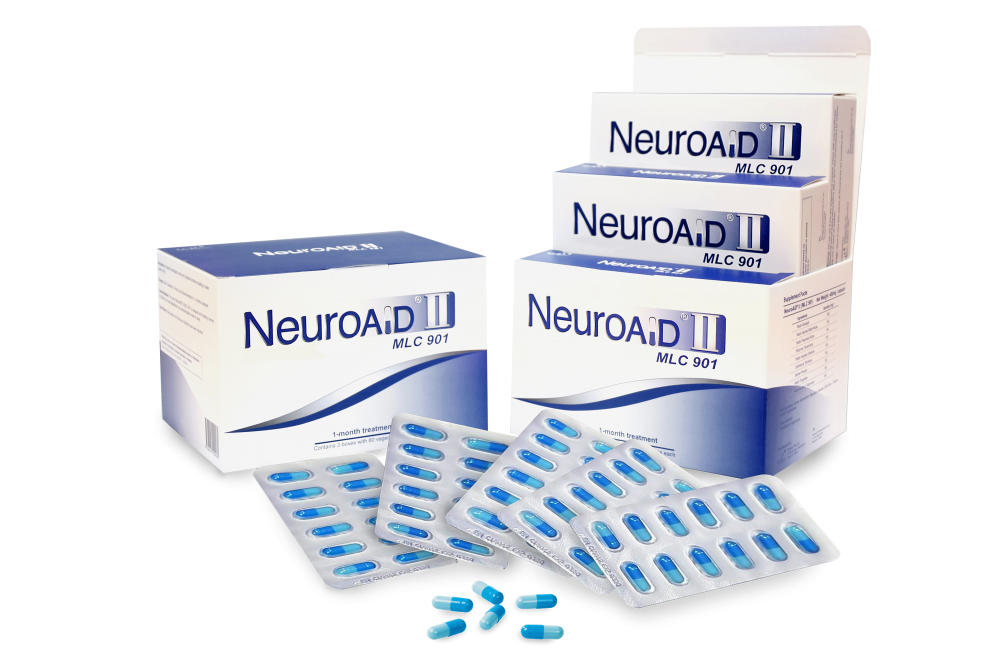Memory Games for Stroke Recovery
It takes a lot of effort to help stroke victims retrain their memory. Short-term memory loss is a huge hurdle to overcome and the road ahead may seem long and arduous. Luckily, playing games can help you guide a relative whilst rehabilitating their memory. Not sure what we mean? Here are some ways to help a relative retrain their memory. Any sort of game that utilizes visual learning is a great learning outlet. Visual aids help the brain restore some cognitive ability and associate words to literal objects. It’s a slow process but it helps clearly distinguish separate objects. Examples


